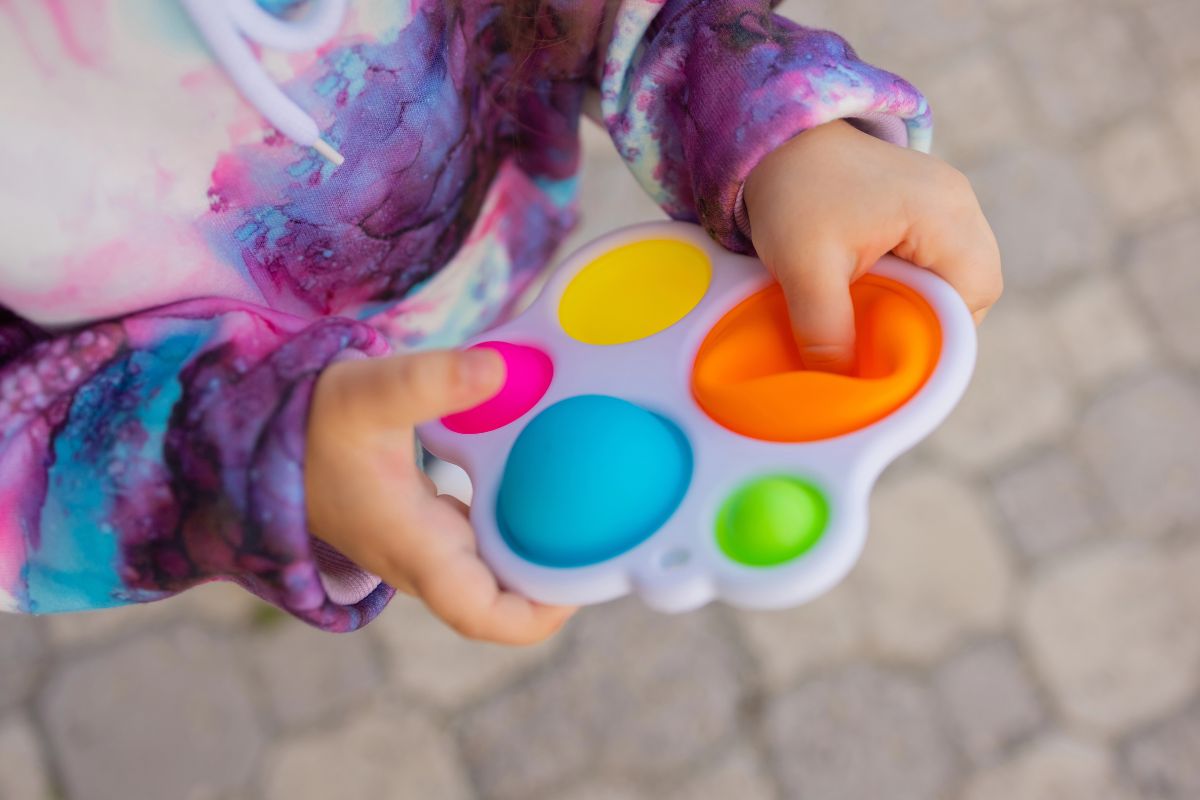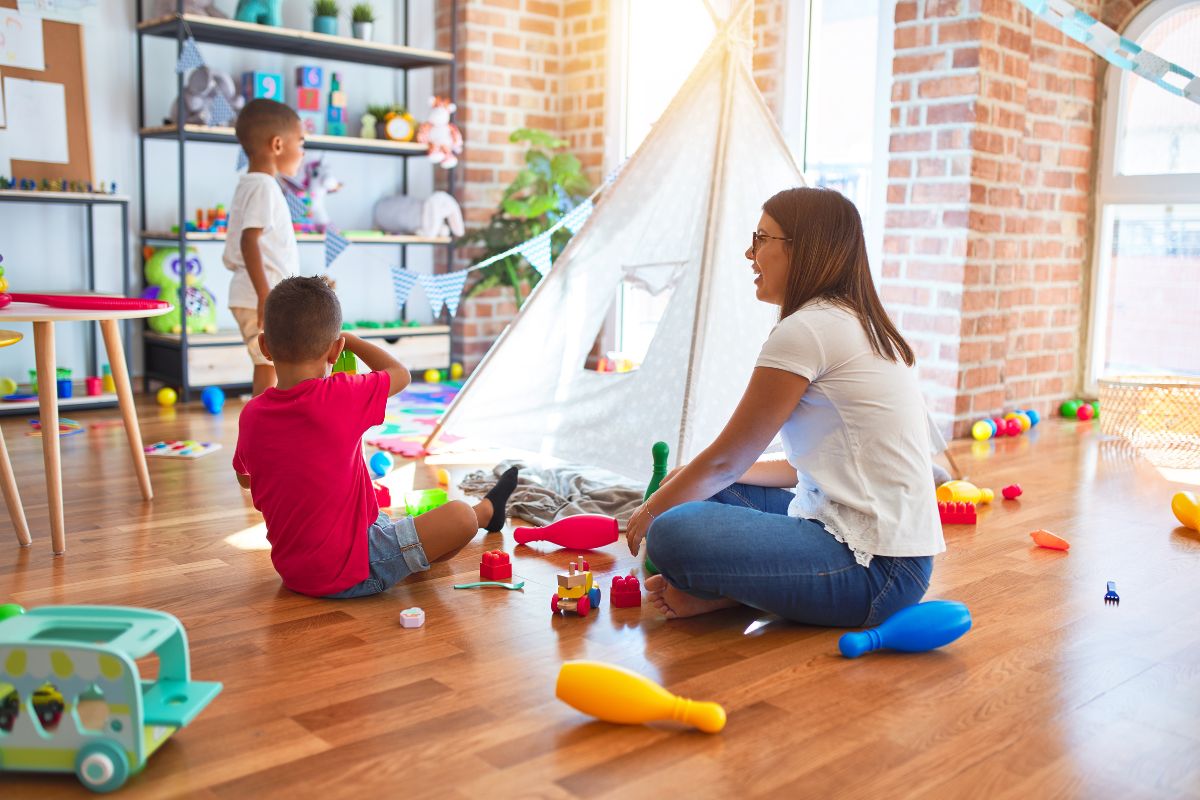Key Takeaways
- Strong rapport between therapist and child is the foundation of effective ABA therapy.
- Trust, patience, and flexibility help create a positive learning environment.
- Incorporating the child’s interests and preferences makes therapy more engaging.
- Collaboration with caregivers strengthens consistency and supports progress.
The Importance of Rapport in ABA Therapy
In ABA therapy, success depends on more than just structured teaching strategies. Building rapport and establishing a strong therapeutic relationship are essential for meaningful progress. Children are more likely to participate, engage, and learn when they feel safe and connected to their therapist. Rapport transforms therapy from a series of tasks into a collaborative, supportive process where trust, comfort, and motivation drive skill development.
How Therapists Begin Building Trust
The process of pairing and rapport-building starts slowly. At the beginning, therapists focus less on demands and more on creating a welcoming, enjoyable environment. Spending time on preferred activities, observing the child’s interests, and allowing them to set the pace helps ease anxiety and fosters comfort. By connecting therapy to positive experiences, the therapist creates an association between their presence and enjoyable outcomes, laying the foundation for cooperation and growth.
Using Reinforcement and Positive Interactions
Positive reinforcement plays a central role in strengthening rapport. Praise, encouragement, and access to preferred items or activities make therapy sessions motivating and rewarding. Non-verbal communication—such as eye contact, a calm tone of voice, and open body language—also reinforces the idea that therapy is a safe and supportive space. By celebrating small successes and showing genuine enthusiasm, therapists help children feel confident and capable.
Respecting Boundaries and Individual Needs
Every child has unique preferences, communication styles, and sensory sensitivities. Respecting boundaries is essential for maintaining trust. Therapists carefully observe both verbal and non-verbal cues, adjusting their approach when signs of discomfort appear. Predictable routines and smooth transitions further increase a child’s sense of security. Patience and flexibility are critical—rapport does not develop overnight, but with consistency and respect, it grows stronger over time.
Collaboration with Caregivers
Parents and caregivers play a vital role in rapport-building. By sharing insights into a child’s strengths, preferences, and challenges, they provide valuable guidance that helps therapists tailor their approach. Collaboration ensures that the positive connections formed in therapy extend into the home environment, making learning consistent and reinforcing progress across settings.
Creating a Pathway for Learning
When rapport is strong, children are more willing to participate in new or challenging activities. Trust allows therapists to introduce structured learning opportunities in a way that feels safe and supportive. Over time, the child associates therapy with encouragement, success, and positive experiences. This therapeutic relationship becomes the cornerstone of lasting growth and skill development.
Frequently Asked Questions
Why is building rapport important in ABA therapy?
Rapport establishes trust between the therapist and the child. Without it, children may resist therapy or feel anxious, which makes it harder to teach new skills. Strong rapport creates a foundation for effective learning.
How long does it take to build rapport?
The process varies by child. Some children may warm up quickly, while others need more time and patience. Consistency, positive reinforcement, and respecting the child’s needs all help build rapport gradually.
What role do parents play in rapport-building?
Parents provide critical insight into their child’s preferences and routines. By reinforcing positive connections at home and working closely with therapists, parents help ensure consistency and strengthen the child’s progress.


